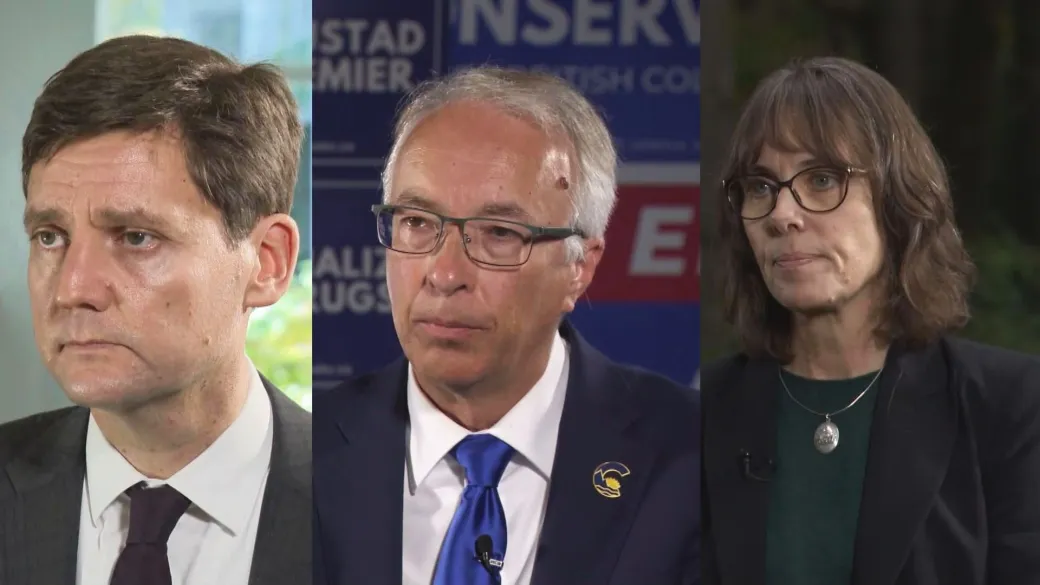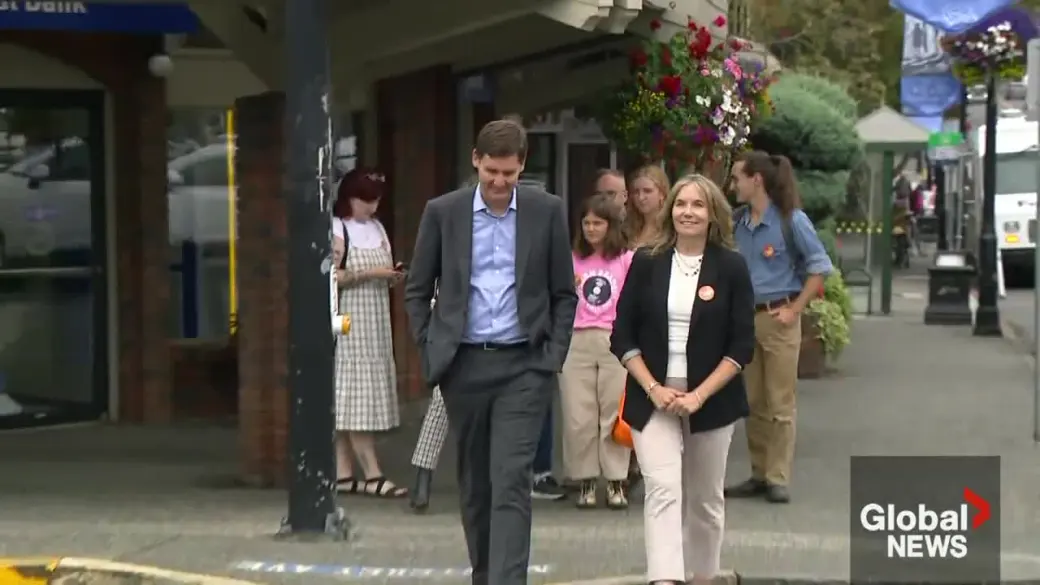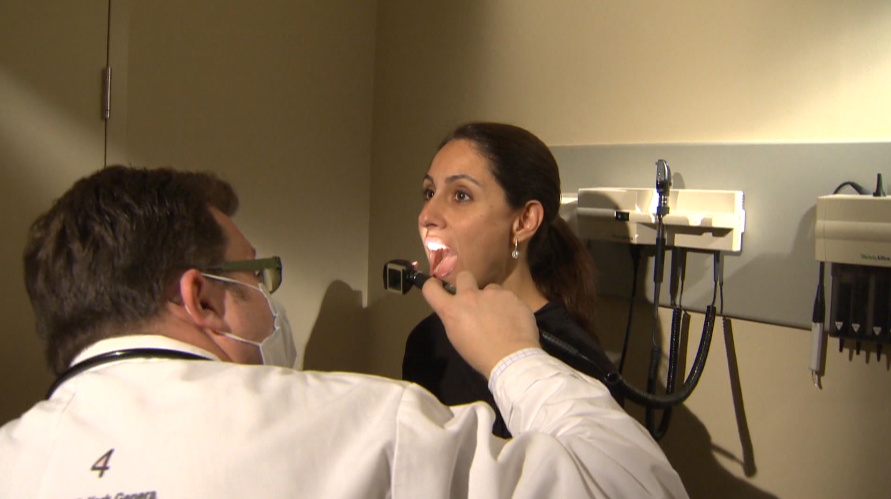News
Family doctors say B.C. making progress on physician shortage, but crisis remains
Family physicians in British Columbia say the province is finally starting to make progress on its doctor shortage, but say whoever is elected in Saturday’s provincial election is still facing a “massive” crisis in the primary health care system.

Dr. Maryam Zeineddin has a family practice on the North Shore and serves as president of B.C. Family Doctors.
She said the new payment model the provincial government implemented in 2023 has both attracted new family doctors and helped “really decrease the exodus” of physicians from the field.

“Personally, myself, I was about to leave family medicine if it wasn’t for this payment model,” she said.
“We have been able to increase longitudinal care with over 800 new family doctors taking on patients. We’ve really reduced the 1 million patients in B.C. without a family doctor to 700,000.”
It’s a point the BC NDP have been hammering home on the campaign trail, with leader David Eby saying his government’s policies have finally begun to connect people with a physician.
“We’ve connected 250,000 British Columbians to a family doctor last year,” Eby told Global News in an interview. “For the first time in 20 years, fewer British Columbians are looking for a family doctor.”
A recent report from the Calgary Herald adds credence to the claim.
The paper reported two family doctors from Lethbridge are moving their practice to B.C., citing frustration with Alberta’s lack of focus on family practice.
The BC Conservative party is also promising more money for health care, pledging a $900-million increase in operating funding to the system if elected.
Conservative Leader John Rustad says the NDP’s policies over the last seven years have been insufficient.

“We’ll need to see some additional resources go both towards recruitment as well as to incentives to get health-care professionals into under-served areas in British Columbia,” Rustad told a recent campaign event.
The Conservatives are promising to increase access to family doctors by working with primary health providers to cut down on administrative burdens and increase efficiency so their practices can see more patients.
The BC Greens meanwhile, are pushing for the creation of a community health centre model, that established 93 such facilities around the province where patients are attached to a full team of health-care workers, not just doctors.
Administration and paperwork are something Zeineddin says doctors want to see whoever is elected on Oct. 19 tackle.
She said doctors want legislative changes to cut down on how often employers require sick notes that take up physicians’ time and reduce how many actual patients they can treat.

Shifting some of that burden to other health-care workers would also help, she said.
“There are so many other health practitioners that can help us out if we can actually do it as a team-based approach. So there are many ways to skin the cat, let’s put it that way.”
Zeineddin added that the doctor shortage is just one element of the primary health crisis that needs to be addressed by whoever takes office.
They’ll also need to tackle the mental health crisis, access to cancer care, specialist wait times and a shortage of imaging resources, she said.
“It all really stems from having a really robust primary care,” she said.
“I think if you can give those supports and resources for the family physicians so they can care for their patients, you are not going to need as many ER visits, you are not going to need so many specialist visits.”
Our Recent News




